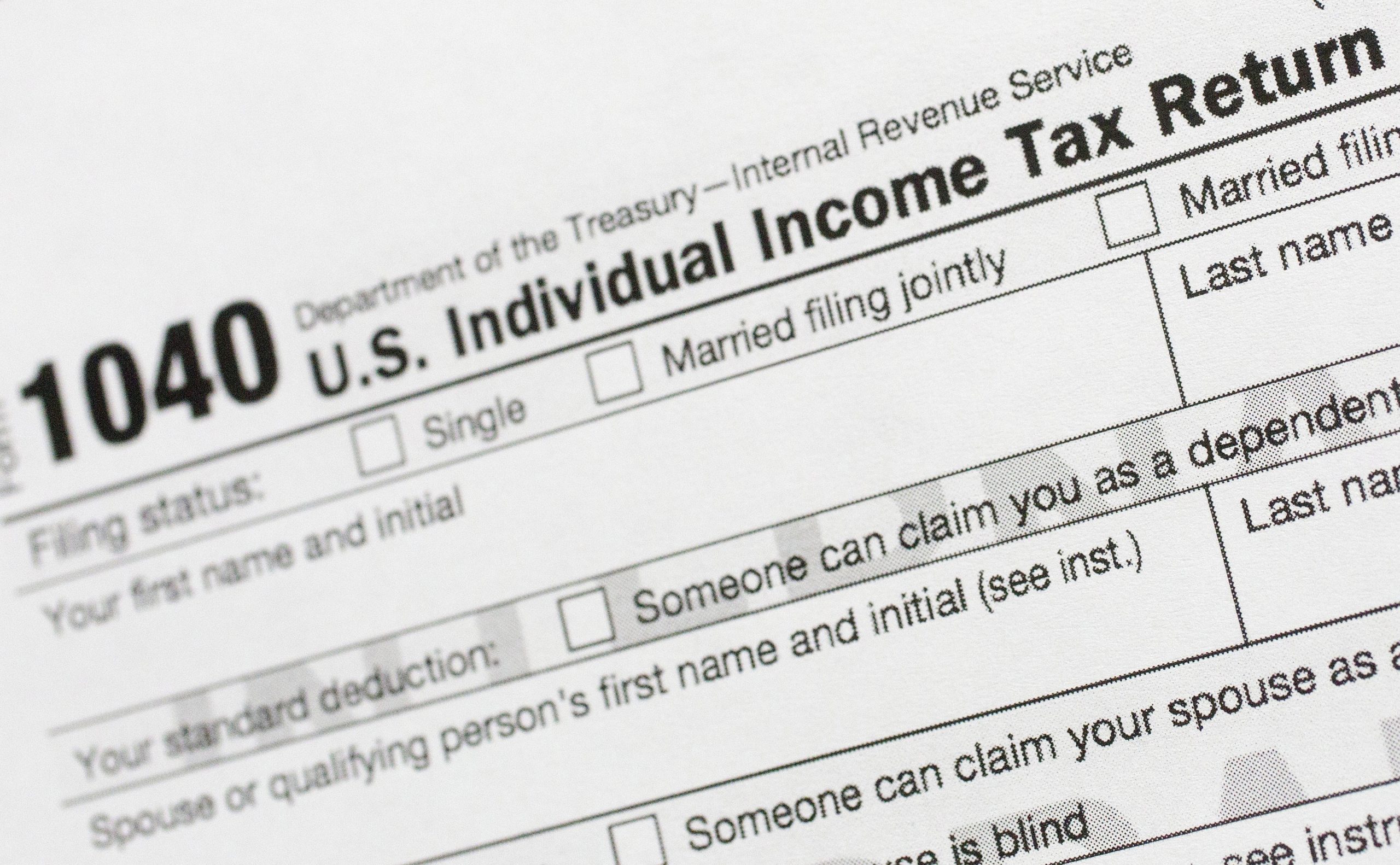Introduction:
Tax planning is not just about minimizing your tax liability; it’s about strategically managing your finances to achieve long-term financial goals. In this blog post, we’ll delve into essential tax planning strategies that can help you optimize your financial situation, maximize your savings, and secure a brighter future.
- Understand Your Tax Bracket: One of the first steps in effective tax planning is understanding your tax bracket. This knowledge will help you make informed decisions about when to take certain actions, such as realizing capital gains or converting a Traditional IRA to a Roth IRA.
- Utilize Tax-Advantaged Accounts: Take advantage of tax-advantaged accounts such as 401(k)s, IRAs, and HSAs. These accounts offer tax benefits either through tax-deferred growth or tax-free withdrawals, allowing you to save for retirement and medical expenses while reducing your current tax burden.
- Strategize Capital Gains and Losses: Managing your capital gains and losses can be a powerful tax planning strategy. Consider offsetting gains with losses to minimize your tax liability. Also, take advantage of the preferential tax rates for long-term capital gains.
- Maximize Deductions and Credits: Dive into the world of deductions and tax credits. Be diligent about tracking deductible expenses, such as mortgage interest, property taxes, and medical expenses. Explore credits like the Child Tax Credit and Earned Income Tax Credit to further reduce your tax bill.
- Plan for Charitable Giving: Charitable donations not only benefit worthy causes but also provide tax deductions. Strategically plan your charitable giving to optimize the tax benefits. Keep accurate records and research organizations to ensure eligibility for deductions.
- Consider Tax-Efficient Investments: Invest in assets that offer tax efficiency. Dividend-paying stocks and tax-free municipal bonds can be good options. Also, consider holding investments for the long term to benefit from lower capital gains tax rates.
- Retirement Contribution Strategy: Plan your retirement contributions to maximize the tax benefits. Contribute enough to your retirement accounts to qualify for employer matches and take advantage of tax deductions. Consider catch-up contributions if you’re nearing retirement age.
- Estate Planning and Gifting: Estate planning can have significant tax implications. Strategically gifting assets over time can help reduce your estate’s taxable value. Consult an estate planning professional to ensure your strategy aligns with your goals.
- Stay Informed about Tax Law Changes: Tax laws evolve, so staying informed is crucial. Changes in tax regulations can impact your strategies. Keep up with the latest updates and consider adjusting your plan accordingly.
Conclusion: Effective tax planning is a continuous process that requires careful consideration and adaptability. By implementing these tax planning strategies, you can take control of your financial future, optimize your tax situation, and pave the way for long-term financial security. Remember, personalized advice from a qualified tax professional is invaluable in tailoring these strategies to your unique circumstances. Start planning today to build a solid foundation for a financially prosperous tomorrow.

